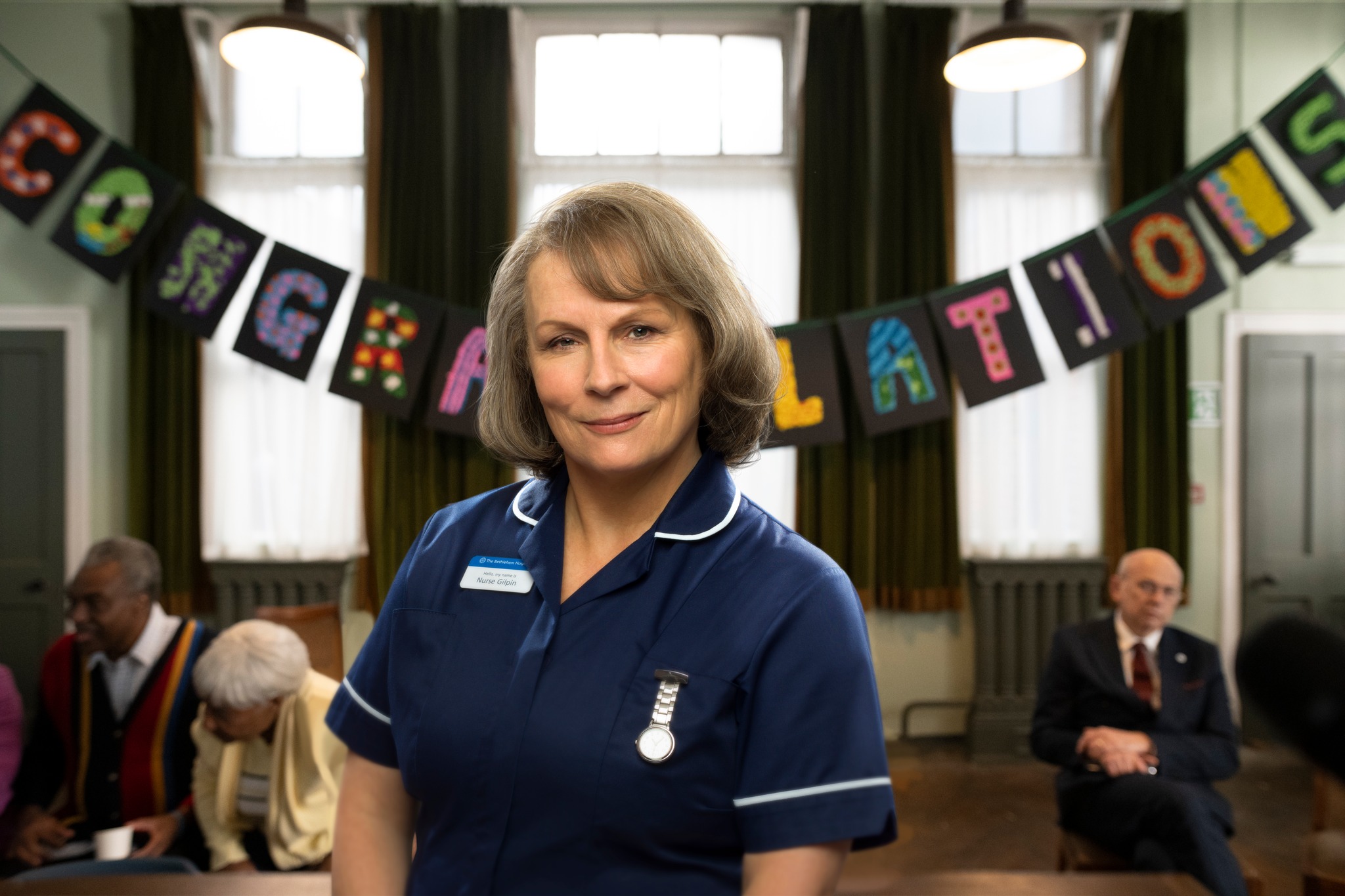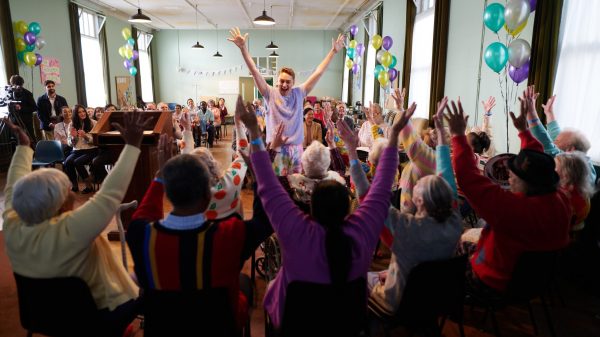
Film Critic Ilina Jha finds the film adaptation of Alan Bennett’s Allelujah a touching blend of comedy and tragedy
The recent release Allelujah (dir. Richard Eyre) follows life on the geriatric ward of a struggling but much-beloved community hospital in Yorkshire known as ‘the Beth’. The benevolent idealist Dr Valentine (Bally Gill) and the sharp, no-nonsense nurse Sister Giplin (Jennifer Saunders) lead the team that cares for the Beth’s elderly patients, including former teacher Ambrose (Derek Jacobi) and the quiet but perceptive Mary (Judi Dench). When the Beth faces closure, the community and the hospital rally together to save it. Consultant Colin Colman (Russell Tovey) comes to inspect the Beth to confirm evidence for its closure, but finds himself confronted with his past and with a new perspective on care when his father Joe (David Bradley) is admitted to the hospital.
In true Bennett style, the film mixes both comedy and tragedy
The film is adapted by Heidi Thomas from the original play Allelujah! (2018) written by Alan Bennett (who is also an executive producer on the film). In true Bennett style, the film mixes both comedy and tragedy. The story does not shy away from the trials of old age (such as bed-wetting, limited movement, and struggling memory), which are presented as both deeply depressing and yet outrageously funny. Allelujah certainly seems close to Bennett’s heart – it’s set in Yorkshire, his home county, and provides a message of support for the NHS, an institution Bennett feels very strongly about and has supported in the past.

Gill’s performance as Dr Valentine is warm and genuine, and his narrative commentary over the course of the film provides touching insights into the character, the patients, and the condition of the NHS. His name comes from the Beth’s staff and patients simply being unable to pronounce his real name, but ‘Valentine’ is certainly very apt for this kind and caring character. Saunders, who is of course well-known for her comic roles, does a fantastic job playing the comic and dramatic role of sharp, sarcastic Sister Giplin, who grimly advises Dr Valentine to ‘not leave it too late to die’. Bradley provides lots of humour as the forgetful, ailing Joe, capturing perfectly the grumpy old man who yearns for a relationship with his estranged son. Indeed, the father-son relationship between Joe and Colin is one of the most interesting parts of the film. It is certainly a strained one, in part due to the fact that Joe has never fully understood or accepted his son’s homosexuality. But Bradley and Tovey manage to convey the subtlety of the love between them and the genuine desire for connection between the two.
The Beth’s elderly patients are certainly a highlight of the film
The Beth’s elderly patients are certainly a highlight of the film. A number of scenes depicting the them all together, along with the staff, emphasises the community spirit of the Beth. This community spirit is also highlighted by the light, warm colour palette of the hospital scenes, which is contrasted with the darker tones of the more lonesome scenes of Colin working late into the night and going to the opera in London. Patients with a variety of ailments are depicted, from the non-verbal Molly (Eileen Davis) who communicates by striking a pan, to the arthritic Ambrose. Jacobi is perfect for the role of former teacher Ambrose who attempts to help Dr Valentine prepare for his citizenship test, and there are a couple of very moving scenes between the two of them. He also has some fantastically brutal comic lines; upon hearing of the passing of another patient, he comments ‘How very rude. Didn’t he realise there’s a queue?’
My favourite character, however, is former librarian Mary. Dench’s performance of this quiet, watchful woman is simply outstanding. Mary’s passion for notes made in the margins of books is reflected in her own marginalised condition, as Dr Valentine aptly points out, and Dench is cleverly positioned at the margins in a number of group scenes. Her friendship with Dr Valentine is touching, especially in a scene where Dr Valentine helps her use a tablet for the first time.
Verdict:
Overall, Allelujah is a deeply touching tragicomedy that will have you reeling in shock from the most unexpected plot twist I have ever seen. I predicted that the film’s ending would make me sad, and it did – but not in the way I expected.
Rating: 8/10
Allelujah is out now in cinemas
For the latest cinematic releases, check out these articles from Redbrick Film:
Comments